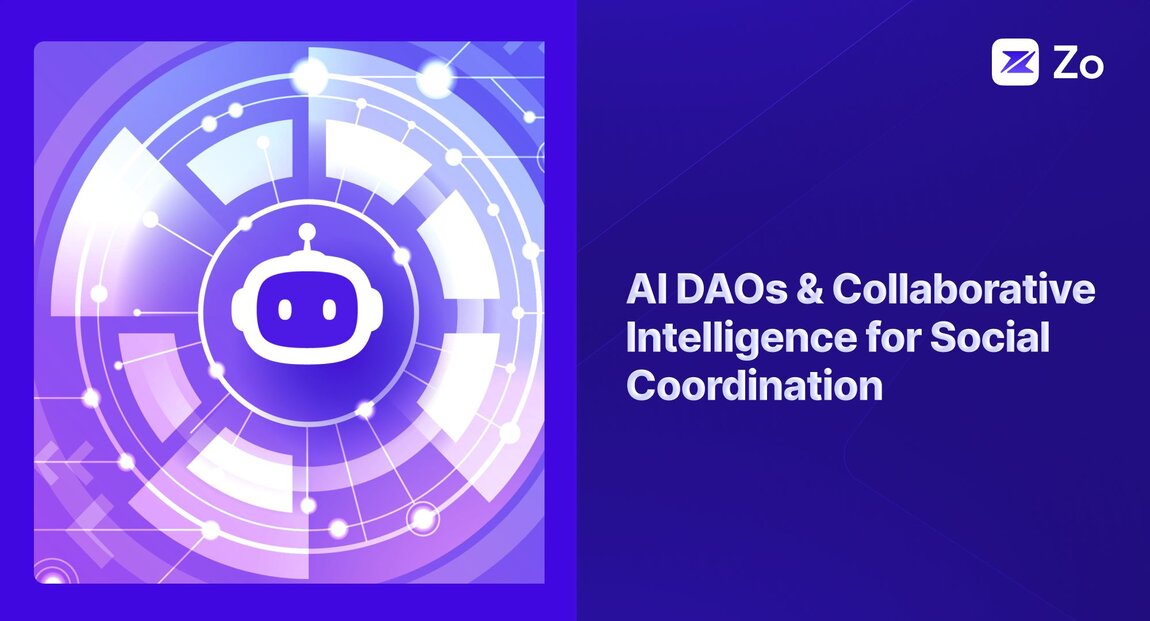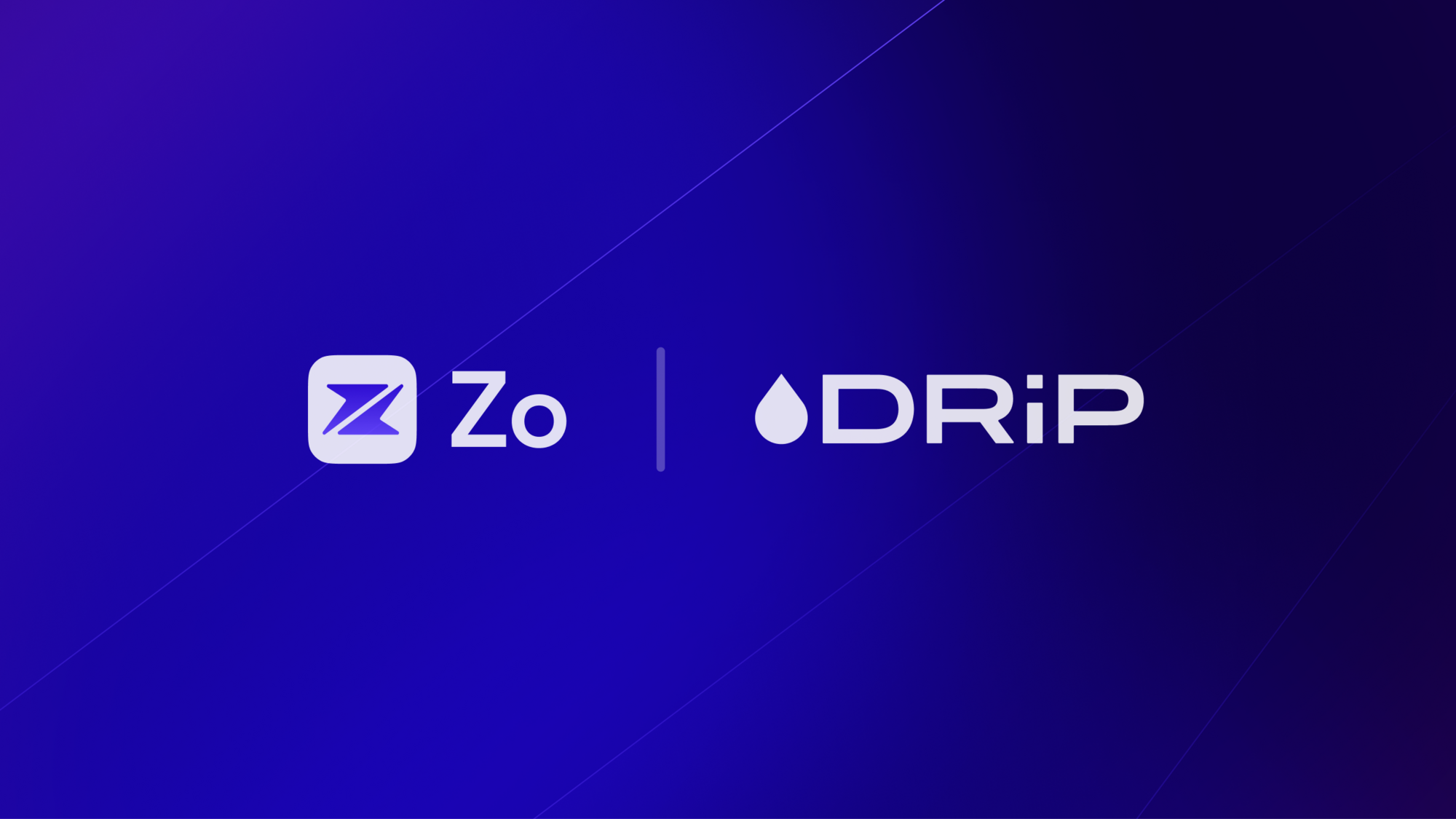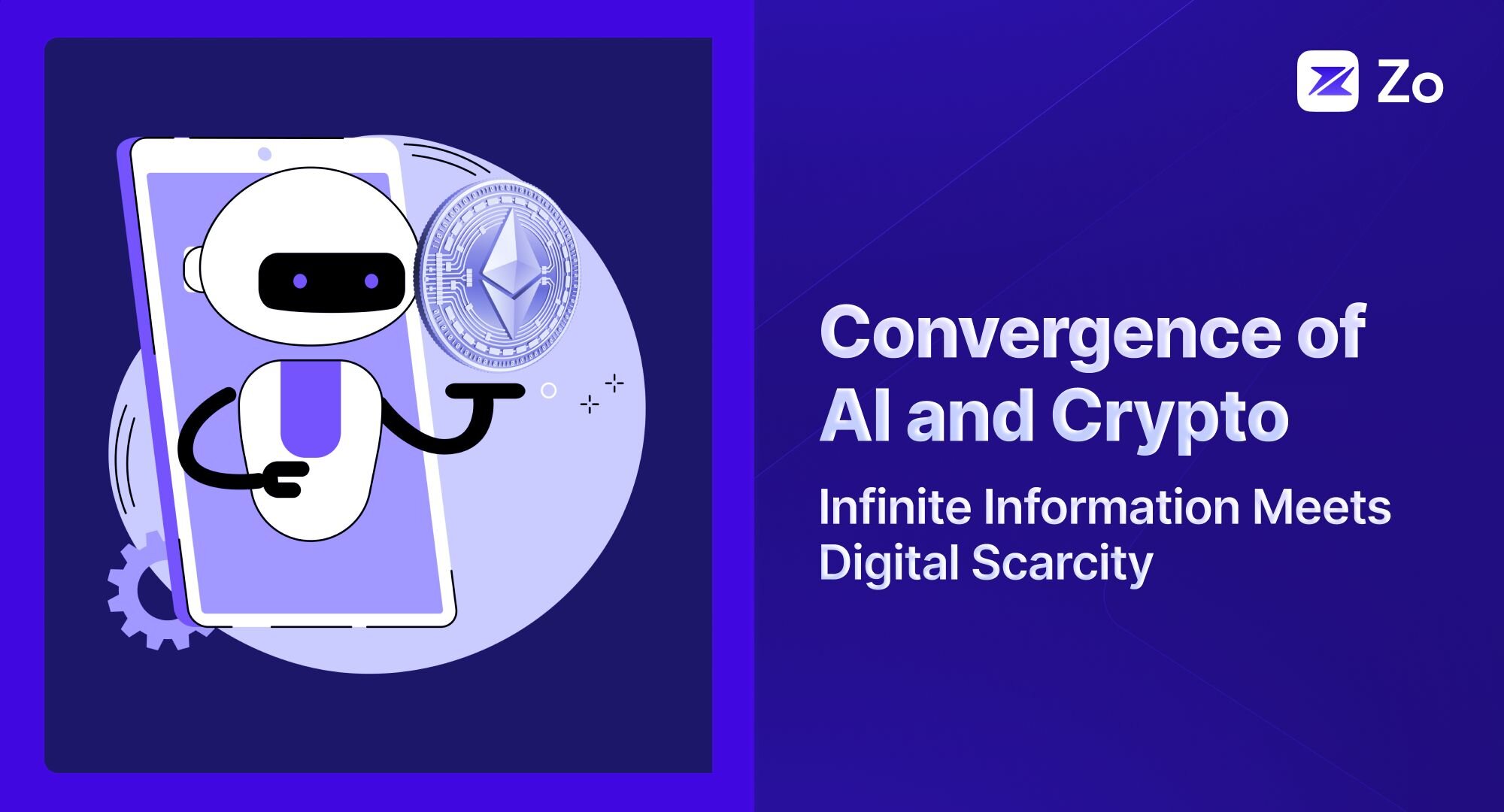
AI DAOs and Collaborative Intelligence for Social Coordination
Introduction
Hey there! Have you ever wondered what happens when artificial intelligence (AI) and decentralized autonomous organizations (DAOs) join forces? No? Well, buckle up because we’re diving into a world where AI meets blockchain, and the result is nothing short of revolutionary for social coordination. Think of it as the Avengers of tech, where each hero (or technology) brings its unique power to save the day. Let’s explore this exciting intersection in a way that's both fun and enlightening.
What are AI DAOs?
First things first, let’s break down what AI DAOs are. Picture a DAO as a company without a CEO or a board of directors. Instead, it’s run by smart contracts on a blockchain—no humans needed to make decisions. Now, sprinkle in some AI, and you’ve got a system where artificial intelligence handles tasks, makes decisions, and optimizes processes. It’s like having a super-efficient, tireless robot CEO who never sleeps and always works for the best interest of the organization
Purpose-Driven Tokens: The Fuel for AI DAOs
Now, you might be wondering, “How do people (or robots) stay motivated in this setup?” Enter purpose-driven tokens. These nifty digital assets are used to incentivize participation and contributions within the network. Imagine getting paid in tokens every time you contribute to a project, much like earning points in a game. These tokens can be traded, spent, or held as an investment【7†source】.
For example, in the Bitcoin network, miners earn bitcoins for adding blocks to the blockchain. Similarly, DAOs like Rebalance Earth use tokens to reward actions that help the environment, like planting trees or protecting wildlife.
Collaborative Intelligence: Humans and AI Tag Team
Here’s where things get even more interesting—collaborative intelligence. This concept is all about humans and AI working together to achieve better results. Think of it as a buddy cop movie, where the seasoned detective (human) teams up with the rookie (AI) to solve cases more efficiently. AI can handle repetitive tasks, crunch vast amounts of data, and provide insights, while humans bring creativity, empathy, and ethical considerations to the table.
Real-World Applications of Collaborative Intelligence
Let’s look at some real-world examples to see how this collaboration plays out:
- Healthcare: AI systems like the Human Augmenting Labelling System (HALS) help pathologists by suggesting labels for medical images. This not only speeds up the process but also improves accuracy. It’s like having a very smart assistant who knows exactly what you need before you even ask【9†source】.
- Industry: Meet ARMAR-6, a humanoid robot that assists workers by lifting heavy objects and using tools. Imagine having a robot coworker who never complains and always has your back. Sounds like a dream, right?
Challenges and Considerations
Of course, it’s not all sunshine and rainbows. There are some challenges we need to address.
Transparency and Trust One major issue is transparency. AI decision-making processes can be a bit of a black box. People need to trust that the AI is making fair and unbiased decisions. It’s like trying to trust a magician who won’t reveal their tricks【6†source】
Inclusivity and Accessibility Even though DAOs are open-source, they can be a bit exclusive. You often need technical knowledge to participate effectively. It’s like trying to join a secret club without knowing the password. We need to ensure that everyone, regardless of their technical expertise, can participate and have a voice.
Ethical and Social Implications Then there’s the ethical side. AI can sometimes make biased decisions or even lead to job displacement. We need robust frameworks to ensure AI is used ethically and benefits everyone, not just a select few. Think of it as creating a fair game where everyone plays by the same rules【6†source】【9†source】.
The Future of Corporate and Government Structures
With AI DAOs, traditional corporate structures might face some serious competition. Unlike centralized corporations, DAOs operate on blockchain networks, allowing anyone to contribute and benefit without intermediaries. It’s like switching from a rigid bureaucracy to an open-source community project
Governments will also need to adapt. We’ve seen responses like the crackdown on Facebook’s Libra project and the exploration of Central Bank Digital Currencies (CBDCs) as ways to maintain control in a decentralized world. DAOs and cryptocurrencies are becoming significant non-state actors, influencing global politics and economics.
Are AI DAOs the Future of Coordination?
So, are AI DAOs the ultimate answer to coordination? Not entirely. They certainly offer enormous benefits, like efficiency and scalability, and they’re likely to play a key role in the future of organizational governance. However, they also come with their own set of challenges, like transparency, inclusivity, and ethical concerns.
Conclusion
In a nutshell, AI DAOs and collaborative intelligence represent a new frontier in social coordination and governance. By combining the strengths of AI and human intelligence, these systems can create more efficient, transparent, and inclusive organizations. But as we move forward, we must address the challenges and ensure that these technologies are used ethically and for the greater good.
For our recent updates
Subscribe to our newsletter





